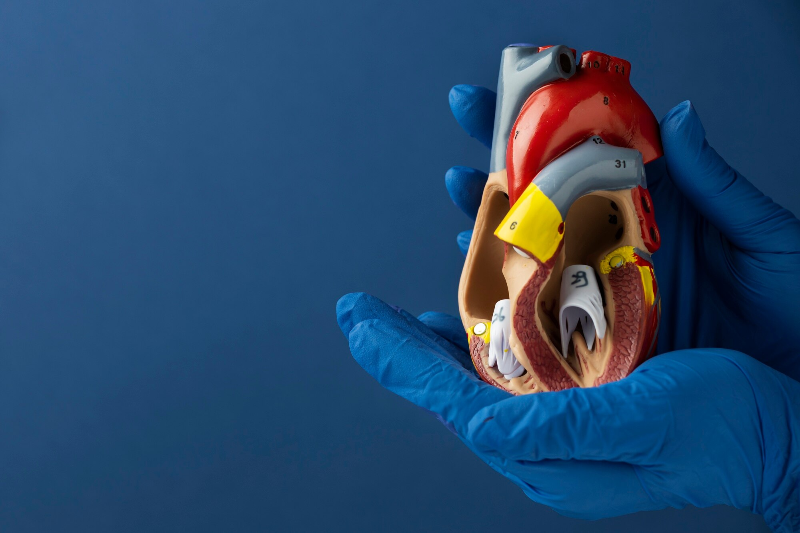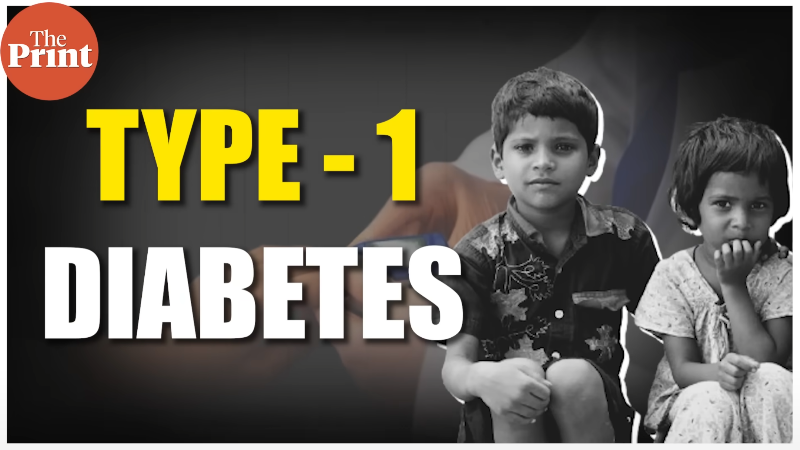by Chris Van Buskirk, Boston Herald
An electron micrograph of the measles virus. Credit: CDC/ Courtesy of Cynthia S. Goldsmith
An "international visitor" who used public transportation to travel through Boston to Amsterdam earlier this month was diagnosed with measles, prompting local public health officials to warn residents that the person could have exposed others to the virus.
Measles is more easily spread than almost any other disease and the virus that causes it lives in the nose and throat, according to the Department of Public Health. The virus is sprayed into the air when an infected person sneezes, coughs, or talks, where it can stay for up to two hours, the agency said.
"Measles is a highly contagious airborne disease that has seen an increase in cases and outbreaks worldwide," Public Health Commissioner Dr. Robbie Goldstein said in a statement. "People who are not vaccinated are at greater risk of infection. The best way for people to protect themselves from this disease is to make sure they are vaccinated."
The traveler took an 11:40 a.m. Dartmouth Coach bus from Hanover, New Hampshire, on June 22, according to the Department of Public Health. The person arrived at Logan Airport around 2:40 p.m. and was in Terminal E until 8:40 p.m., when they left out of Gate E5 on a Delta flight KLM6016, according to the agency.
The Department of Public Health, local health departments, and health care providers "are working to contact individuals at high risk for exposure to this traveler."
"However, exposures on public transportation make identification of high-risk contacts challenging. Those exposed who do not have evidence of immunity to measles may be subject to quarantine for up to 21 days following the exposure," state officials said.
Public health officials said those who were exposed to the virus and begin to develop systems should call their health care provider before visiting an office, clinic, or emergency department.
"Visiting a health care facility may put others at risk and should be avoided. If you do need to visit a health care facility, please make sure to wear a mask to reduce possible transmission," the agency said. "People who have had measles, or who have been vaccinated against measles per U.S. Centers for Disease Control and Prevention recommendations are considered immune."
A measles vaccine given within 72 hours of exposure could prevent the virus and vaccination beyond that window provides protection from subsequent exposure, according to the department.
Early symptoms of measles can occur 10 days to weeks after exposure and may look like a cold—fever, cough, runny nose, and red eyes—and a rash that occurs on the skin two to four days after initial symptoms, according to the Department of Public Health.
The rash typically appears on the head and then moves downward, the agency said.
"The rash typically lasts a few days and then disappears in the same order. People with measles may be contagious up to four days before the rash appears and for four days after the day the rash appears," the department said.
2024 MediaNews Group, Inc. Distributed by Tribune Content Agency, LLC.







Post comments